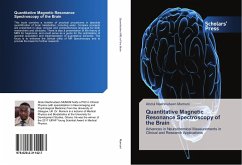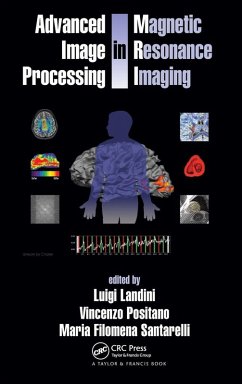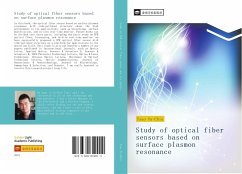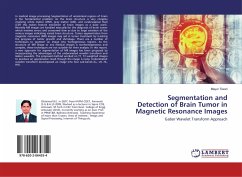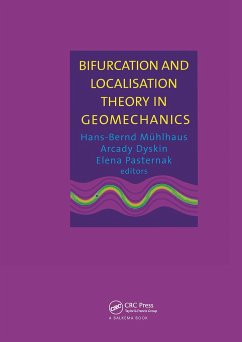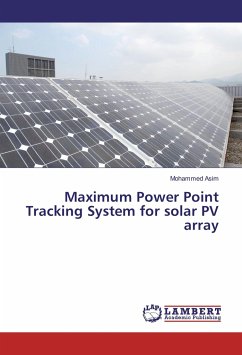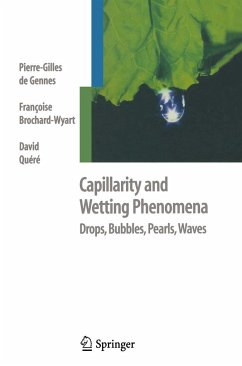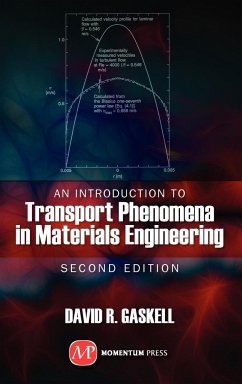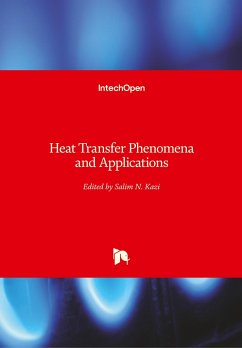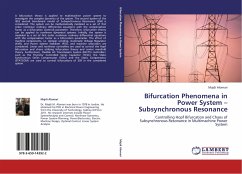
Bifurcation Phenomena in Power System - Subsynchronous Resonance
Controlling Hopf Bifurcation and Chaos of Subsynchronous Resonance in Multimachine Power System
Versandkostenfrei!
Versandfertig in 6-10 Tagen
39,99 €
inkl. MwSt.

PAYBACK Punkte
20 °P sammeln!
A bifurcation theory is applied to multimachine power system to investigate the complex dynamics of the system. The second system of the IEEE second benchmark model of Subsynchronous Resonance (SSR) is considered. The system can be mathematically modeled as a set of first order nonlinear ordinary differential equations with the compensation factor as a bifurcation (control) parameter. Therefore, bifurcation theory can be applied to nonlinear dynamical systems. Initially, the system is modeled as a set of first order nonlinear ordinary differential equations with the compensation factor as a bi...
A bifurcation theory is applied to multimachine power system to investigate the complex dynamics of the system. The second system of the IEEE second benchmark model of Subsynchronous Resonance (SSR) is considered. The system can be mathematically modeled as a set of first order nonlinear ordinary differential equations with the compensation factor as a bifurcation (control) parameter. Therefore, bifurcation theory can be applied to nonlinear dynamical systems. Initially, the system is modeled as a set of first order nonlinear ordinary differential equations with the compensation factor as a bifurcation parameter. The effect of machine components, i.e. damper winding, Automatic Voltage Regulator (AVR), and Power System Stabilizer (PSS), and machine saturation are considered. Linear and nonlinear controllers are used to control the Hopf bifurcation and chaos utilizing bifurcation theory and center manifold theory. Furthermore, Flexible AC Transmission System (FACTS) controllers such as the Thyristor Controlled Series Capacitor (TCSC), the Static Synchronous Series Compensator (SSSC) and the Static Compensator (STATCOM) are used to control bifurcations of SSR in the considered system.



